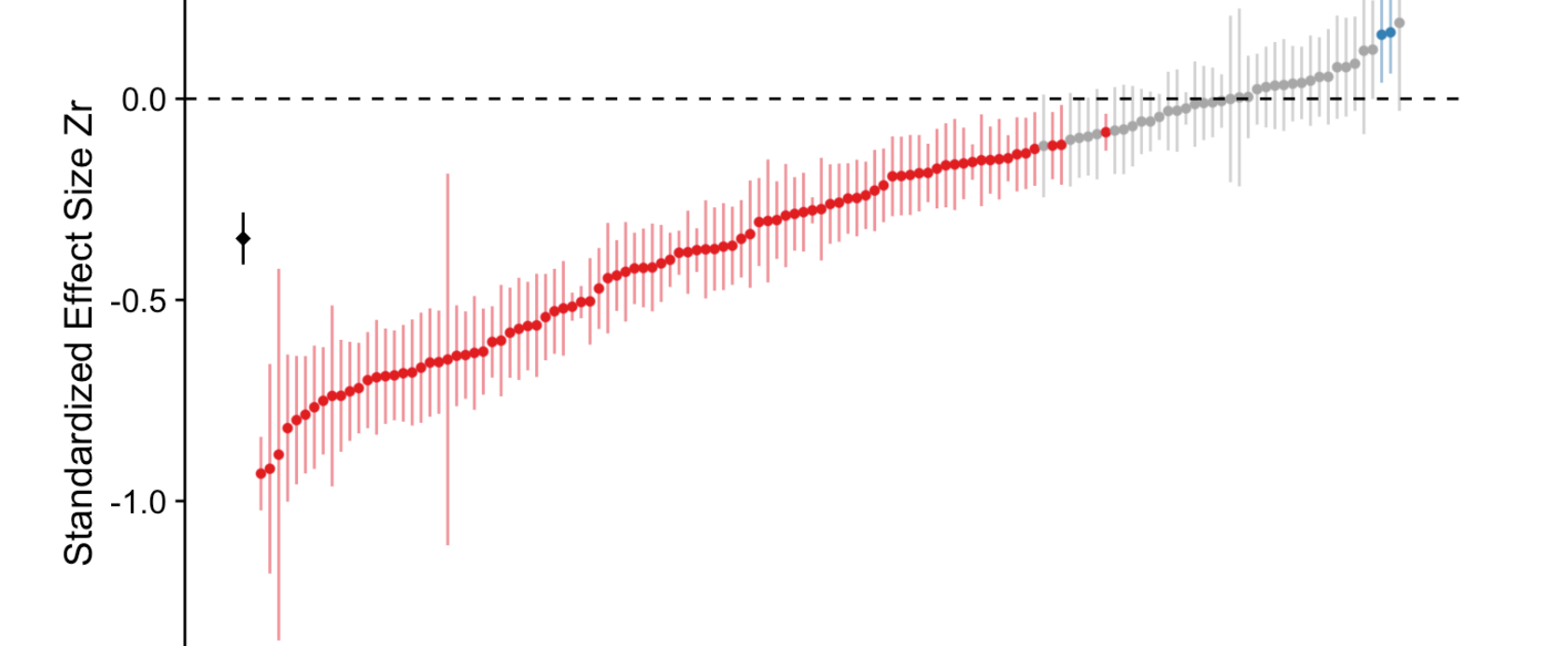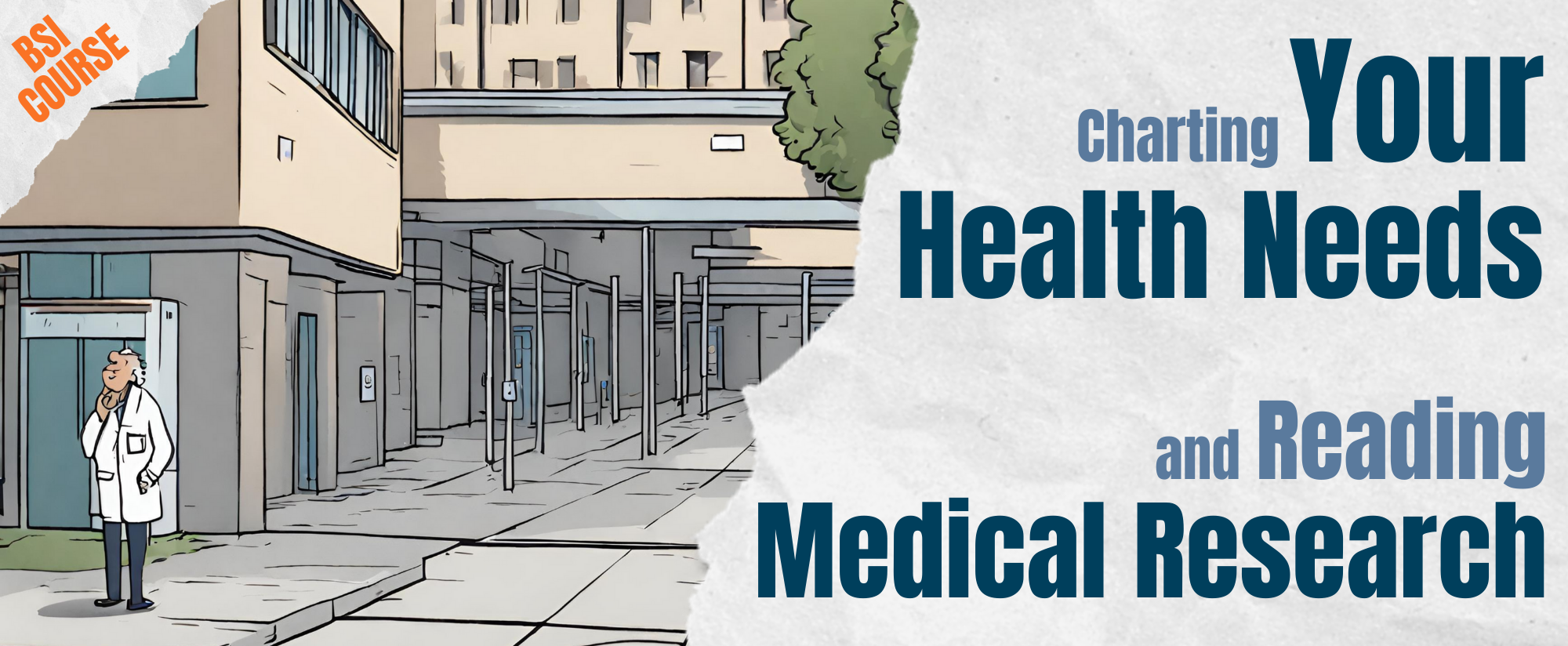Category: Curated Content
Category: Curated Content
Weight loss medications have a long history of successive failures. Many of them begin with great promise but often don’t live up to the hype or end up discontinued because of serious side effects.
William Briggs examines the wildly varied outcomes produced by statistical analysts when presented identical data sets.
Part 2 of this series explores how a focus on food policy could tackle the obesity crisis.
Dr. Malcolm Kendrick dives into history of medical breakthroughs showing us how new ideas are often shunned in order to maintain the status quo.
Dr. Zoë Harcombe’s retort to a recent study villainizing red meat consumption. The epidemiological paper was fraught with the typical broken science pitfalls; data manipulation, correlation vs. causation confusion, relative risk presented without absolute risk, and more.
This class is designed to help you chart your own course; it will identify major problems with modern medicine and give you tools to manage those shortcomings. Through education you can better protect yourself against these common pitfalls and lead your way to the best outcomes possible.
Recent reforms could require companies to perform follow-up studies on drugs that received accelerated approval.
The end of the COVID-19 pandemic is often associated with the creation and distribution of mRNA vaccines. But were the vaccines actually as effective as they're claimed to be?
While “gene therapy” treatments can offer tremendous benefits to patients and society, they limit the potential earnings for those investing in the technology.








